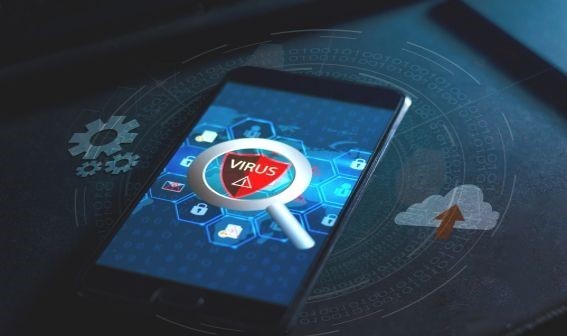
Keep Your Android Smartphone Safe from Malware

According to Republic World, Google recently removed 34 malware-infected apps, which have been downloaded by over 120,000 people, from its Play Store. And with so many Android phones already preloaded with malware, how can you stay safe? Here are several tips that will help you do that.
1. Use a trusted antivirus app.
While Google Play is relatively safe, third-party app stores are often filled with dodgy apps that make a lot of money off people who are looking for free software. One of the best ways to protect yourself from malware is to use a mobile security app.
Most antivirus apps will scan devices for known viruses, while top-of-the-line products can detect never seen before malware as well. Some can also scan your emails, clean your social media accounts messages, and any other web-based platforms you may use.
A growing number of companies are building high-quality mobile security suites for smartphones. The list includes Norton, Sophos, Lookout and Bitdefender.
2. Remove unused apps.
If you haven't used a particular app within the last few months, chances are you don't need it. So, head over to your phone's "settings" section, and then uninstall all the unused applications. Don't worry, you can easily reinstall any purchased app from Google's Play Store, if you discover that you actually need it.
3. Use a VPN.
Quite a few Android fans use Virtual Private Networks to secure their data as they browse the web, and the best VPNs provide extra security features. A few vendors offer lifetime access to their services, which means that you will only have to pay them once, and then you can use their apps for a lifetime.
4. Avoid downloads from shady sources.
Only download software from trusted sources, such as Google's Play Store and Amazon's App Store. These are by far the safest sources of Android apps. Don't forget that each time you install an app from a shady app store, you are responsible for the negative consequences of your action.
5. Back up your phone.
It's easy to do that using Android's own data backup utility. Keep your phone data encrypted, and it won't be available to people who may get access to your phone. If you prefer to back up the data to Google Drive, make sure your account uses a strong, hard to guess password.
6. Avoid sending private information through SMS.
SMS is an outdated technology, so it should be avoided whenever it is possible to do that. Hackers can easily get access to the information that's delivered using Short Message Services, so don't send confidential data to other people using this ancient texting technology. More than that, cyber criminals can intercept text messages and change their content in real time, making them include links to infected website pages and other malware.
7. Change your passwords frequently.
Many people use the same password on every website or service they use. But once that your unique password is discovered, hackers will try to use it on all your accounts. The solution is simple: choose a different password for every platform.
Yes, you will need to remember all those passwords, but you can use a password manager app to solve the problem. Most applications will even help you generate secure passwords, which can't be guessed by anyone. You will only need to set up and remember a "master" password, which will unlock all the other ones when you need to use them.